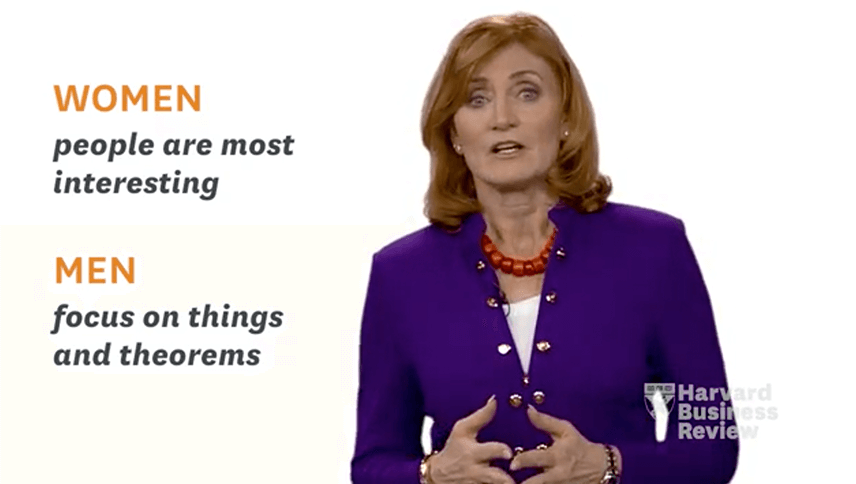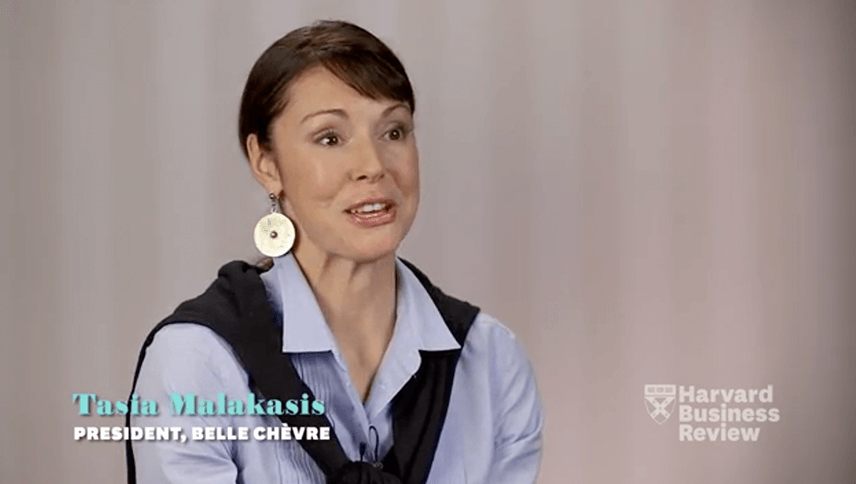The 8 Types of Salespeople
Harvard Business Review
January 21, 2016
Salespeople know how tough it can be to turn a conversation into a deal. Only 9. 1 percent of meetings result in a sale, and just one out of every 250 salespeople exceed their targets. What they don’t know is why. Lynette Riles and Ian Davies observed hundreds of live sales meetings in search of the solution.
They rated salespeople on their ability to secure next steps, close to the next stage of a deal, Or make a sale. Patterns began to emerge in the deployment of certain skills, and the result is eight sales archetypes. Unfortunately, only three of them are consistently effective accounting for 37% of all salespeople.
Out of the 23 sales skills tested only seven had a significant impact on success. The most effective salespeople, only 9% are so skilled and well-rounded in all seven areas. That riles and Davies called them experts. Another 13 percent are called closers. Their smooth talking style often lands big deals, but can also be off putting to customers.
15 percent fall into the category of consultants. Showing good listening and problem solving skills, but not quite pushing sales to their full potential. And then there’s the other 63%, the sales archetypes who are much less effective. Storytellers are customer focused and love case studies, but tend to talk your ear off.
This tendency can be balanced out by always having a focused meeting agenda. Focusers know the products and features down to the tiniest detail, but lack people skills to really hear customer needs. They need to work on their listening skills so they can tailor their pitch to each customer. Narrators are well informed, but hate straying from their prepared scripts.
They rely heavily on marketing materials and come up short when asked challenging questions. They need practice improvising. Aggressors are all about price negotiations. They do their prep work, but their approach is overly combative. They need to become more self aware so they don’t alienate the people they’re trying to sell to.
Finally, socializers make friends instead of deals. They need guidance on how to transition from chit chat into sales mode. If sales managers can identify these strengths and weaknesses in their salespeople and encourage their experts to mentor the others, maybe more meetings will result in new deals.
Source: https://hbr.org/video/4715266385001/the-8-types-of-salespeople

















